Advisory Board

Department of Brain and Cognitive Sciences (BCS-MIT)
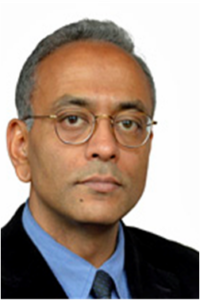 | Pawan Sinha He received his undergraduate degree in computer science from the Indian Institute of Technology (New Delhi) and his Masters and Doctoral degrees from the Department of Computer Science at MIT. His laboratory focuses on understanding how the human brain learns to recognize objects through visual experience and how objects are encoded in memory. |
Wellcome center for human neuroimaging (UCL)
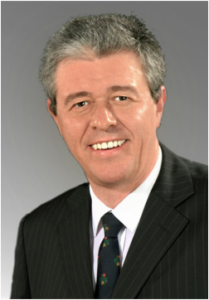 |
Karl Friston He is a theoretical neuroscientist and authority on brain imaging. He invented statistical parametric mapping (SPM), voxel-based morphometry (VBM) and dynamic causal modelling (DCM). Friston currently works on models of functional integration in the human brain and the principles that underlie neuronal interaction. He holds Honorary Doctorates from the University of Zurich and Radboud University. |
Agilent Technologies
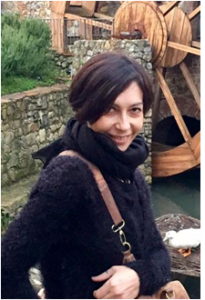 | Anna Calì She received her Laurea degree in Chemistry from the Università degli Studi di Roma “La Sapienza.” She has worked as a pharmaceutical consultant for Pa.L.Mer scarl, l’Istituto Zooprofilattico Sperimentale delle Regioni Lazio e Toscana, Nucleo Chimico Mediterraneo as well as an External Professor for the University of Pisa from 2006-2007. She currently works as a product specialist for Agilent Technologies. |
Affective Neuroscience Group, Department of Psychology, Uppsala University
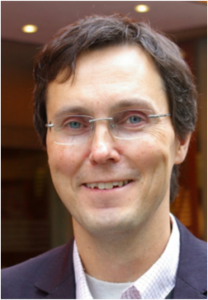 | Tomas Furmark He has researched social phobia and other anxiety disorder for several years. He has examined the incidence of social phobia in the general population and used brainwashing techniques to find out how brain activity is affected when treating social phobia with either drug or cognitive behavioural therapy. He is Full Professor at the Department of Psychology of the Uppsala University. |
Nencki Institute of Experimental Biology PAS
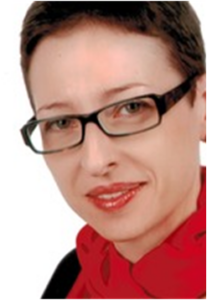 | Ewelina Knapska Her research interests include neural mechanisms of socially transferred emotions and impaired social behaviours and she also studies which neurons in the brain are responsible for emotions, how they are connected, how this entire network works and, in particular, is there are any differences in the working of this network for positive and negative emotions caused by social interactions. She obtained her PhD degree from the Nencki Institute of Experimental Biology PAS in Warsaw in 2006 and spent 2 years of postdoctoral training at the University of Michigan |
Neurobiological Group- Sissa-
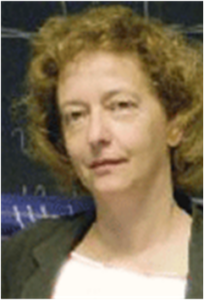 | Anna Menini Since November 2002 she is Full Professor of Physiology at SISSA. |

